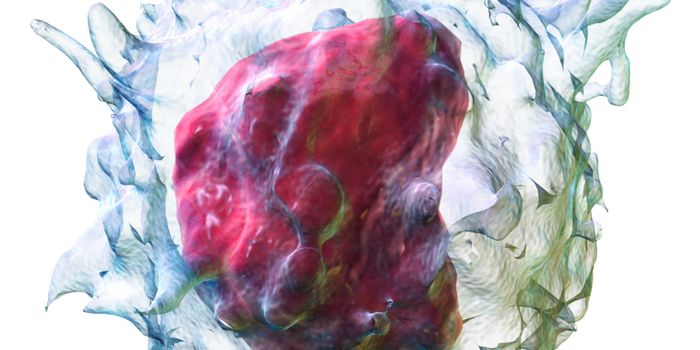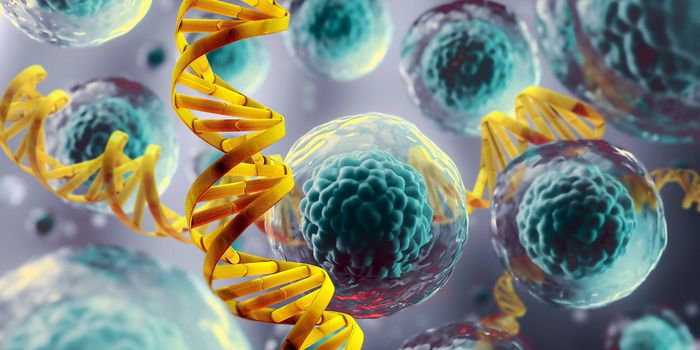Combining Radiotherapy and Immunotherapy in Liver Cancer
The dream of a magic bullet drug plagues the mind of scientists, doctors, and patients. The truth is some diseases are just too complex and require a multi-faceted treatment to get the best results.
As a perfect example, cancer is a complex disease that the world has intently focused on for decades. Even with entire lifetimes worth of research, we still struggle with most types of cancer. Chemotherapies, and more recently immunotherapies, were thought to be the key to finally defeating cancer. Unfortunately, time and time again, they failed to elicit the response required to stand on their own.
Relatively recent efforts have shown that almost any therapy alone is insufficient for cancer treatment, but the right combination could improve results significantly. Tumor resection and radiation therapy are other key players in cancer treatment, and uniting them with chemo- and immunotherapies have given us the best results in many cases.
In a new study, a team from the Chi Mei Medical Center in Taiwan sought to identify if the combination of radiotherapy and the immunotherapy drug sorafenib would effectively treat liver cancer. Sorafenib alone failed to elicit the best results, so the group wanted to look at patient data to see if it would perform better as a combination treatment.
To do this, the team gathered data from 4763 liver cancer patients treated with sorafenib treatment from 2012 to 2015. Some of these patients were given radiotherapy alongside sorafenib, while others were not. The patients who had not received radiotherapy would serve as controls. Liver cancer is usually caught in its late stages, so the 5-year survival rate is unfortunately low. Confirming the dual radio- and immunotherapy treatment’s effectiveness could give patients across the world a better chance.
The team noticed that about half of the patients did not complete a full sorafenib treatment, which they inferred meant a poor response for sorafenib alone. The addition of radiotherapy improved the 1-year survival rate overall, with patients who received radiotherapy after sorafenib therapy seemingly having the better response. The timing between the two therapies did not seem to have significance.
This study was not alone in seeking to analyze the effectiveness of sorafenib combined with radiotherapy. Several studies concur with this one in that the combination seems to improve the efficacy of sorafenib, with this study’s large population bringing strong support. The exact mechanism is still debated, but evidence continues to mount that sorafenib, which is already the standard treatment for liver cancer, should be combined with radiotherapy.
The study concludes, “Our results establish a clear association between radiotherapy and improved outcomes of sorafenib treatment in advanced HCC patients.”
Sources: Nature Scientific Reports, OncLiveTV









